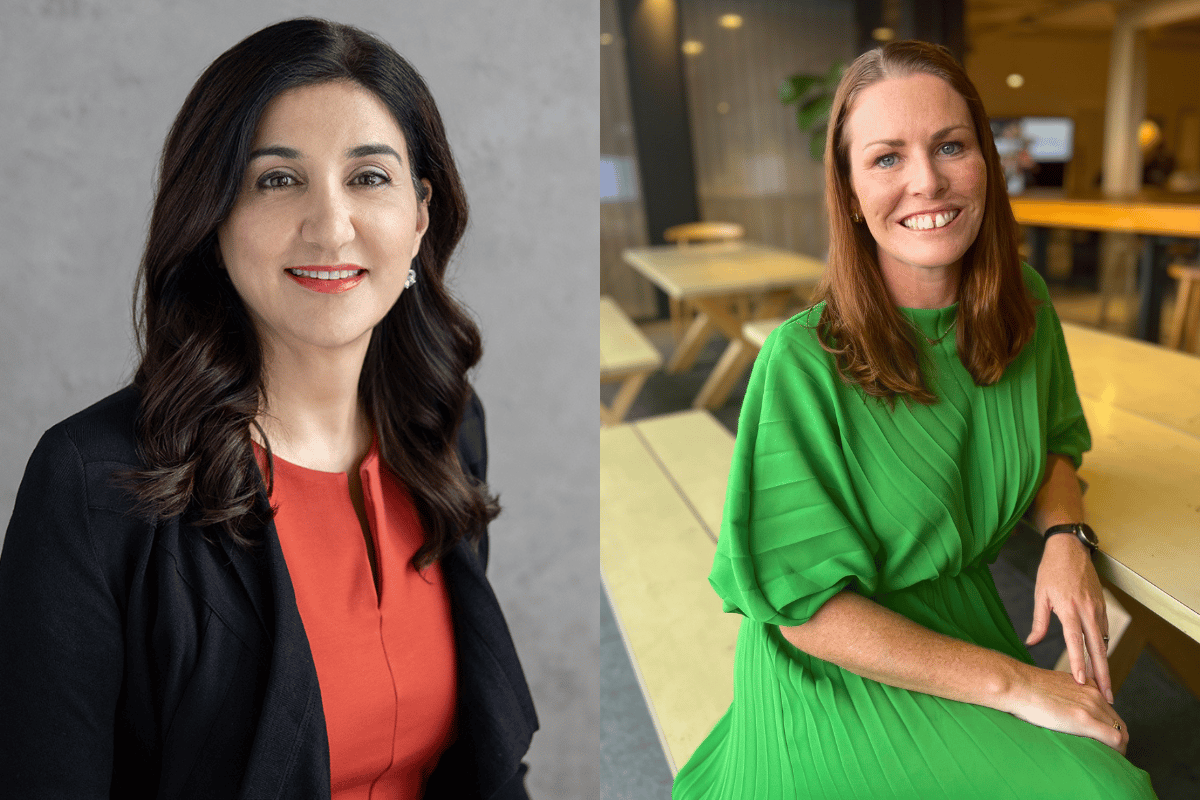
Content warning: This story includes descriptions of sexual assault that may be distressing to some readers.
Last week, Diversity Council Australia's CEO Lisa Annese was in Canberra when a highly publicised allegation was made in the Senate.
She tells Mamamia she had an immediate visceral response.
In the Senate, Independent Senator Lidia Thorpe used parliamentary privilege to accuse a Liberal Senator of sexual assault. Following the event, Senator Thorpe withdrew the accusation on Wednesday night as part of Senate standing orders. On Thursday, she released a full statement while in the Senate, crying as she read it out loud.
The Senator at the centre of the allegations is no longer sitting in the Liberal party room and has resigned from the Liberal party. He has vehemently denied the allegations made against him by Senator Thorpe, and the additional allegations that have since arisen.
For Lisa Annese, this news story speaks to a wider issue in workplaces across Australia. And she believes it's a news story that has a real-world impact for people outside of Parliament.
"Separate to this case [and allegation], sexual harassment is still rife in Australian workplaces. I mean, the Jenkin's report and research done by the Human Rights Commission shows that it's widespread - almost 85 per cent of women experience workplace sexual harassment in the course of their working life," she says.
Watch: What Lidia Thorpe said in the Senate. Post continues below.
